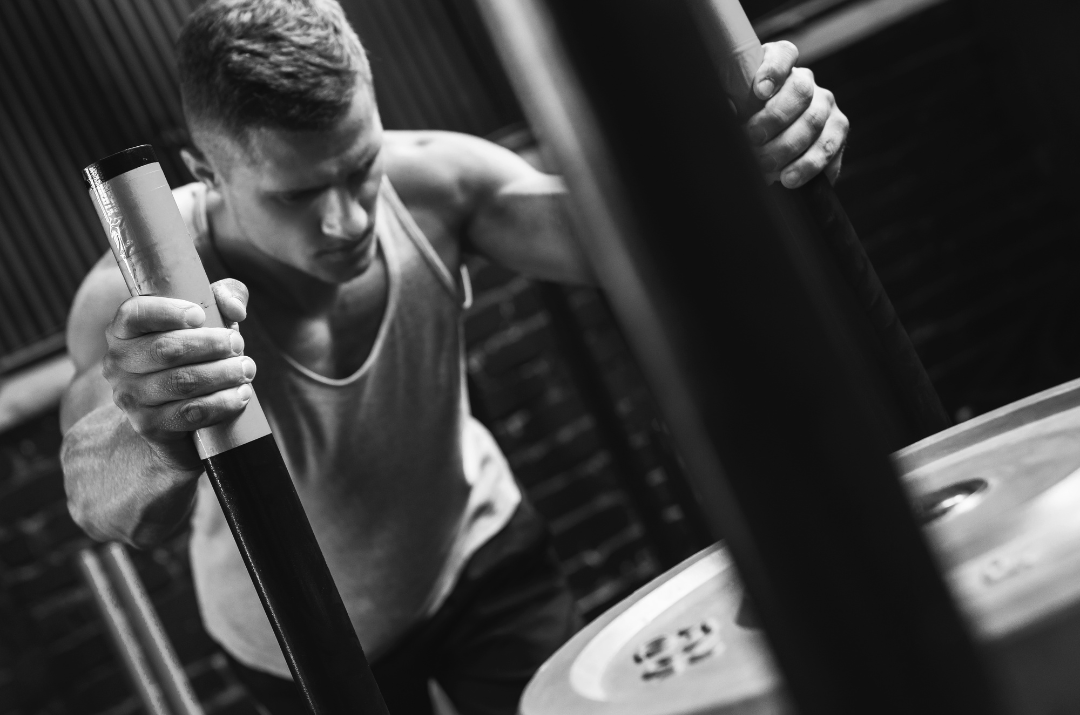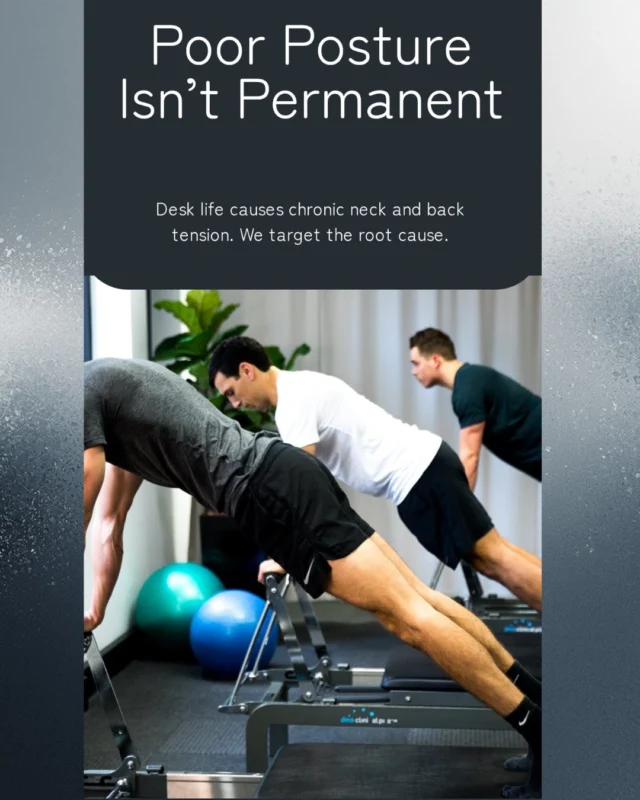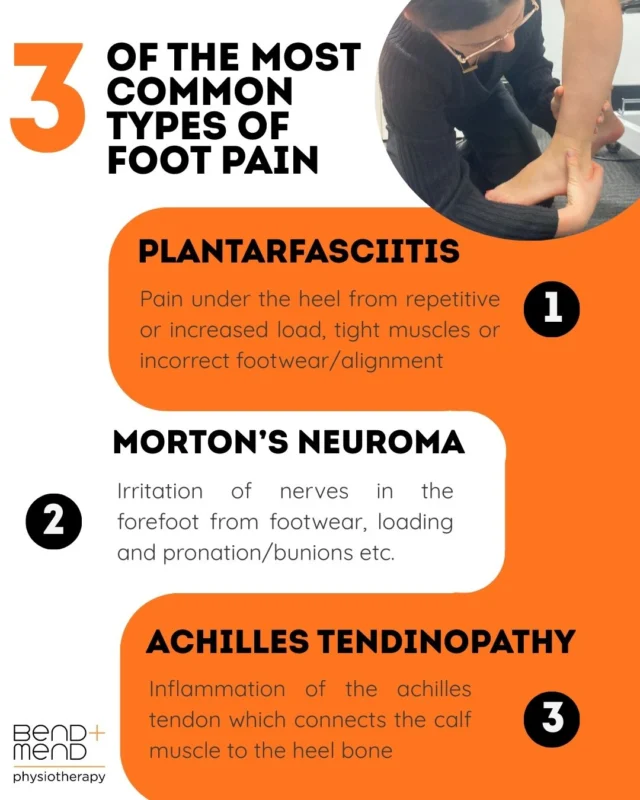Having had Covid-19 back in January like many other people, I know first hand what is necessary to help you self-manage. My most important advice would be to listen to your body. There are many different symptoms of Covid-19 and the severity will be different for all. If you feel severely unwell, seek specialised medical advice! If you are unwell but not severe you may be able to access Telehealth services from your GP.
These are some of the symptoms I experienced and how I managed them.
Shortness of breath – this is a common symptom, but one to monitor. An easy way to monitor this at home is through your respiration rate, or how many breaths you take per minute. Normally we take between 12 and 20 breaths per minute. If you are taking 30 breaths per minute or more, and this isn’t normal for you, then this is considered high.
Measuring your oxygen in your body can be a vital to monitoring your health. A Pulse Oximeter is a great way of doing this. Having a pulse oximeter in the first aid kit isn’t essential but it is recommended in some cases. Most people have a reading of 95-98% under resting circumstances. A measure less than 90% is considered low.
Dehydration – I lost 5kg through fever when I had Covid-19! To stay hydrated I recommend keeping your fluids and electrolytes up. Common electrolyte brands you may find are Hydrolyte, sugar free Gatorade or something similar. My secret hydrating product however – cows’ milk. It is jammed packed full of electrolytes. It may not be for everyone but growing up on a farm means I still cannot get enough of it. Keep hydrating, dehydration makes you fatigued.
Headache and body ache. These were some of the more intense symptoms I encountered. It is recommended by GP’s to use Paracetamol or anti-inflammatory like Diclofenac or Ibuprofen to help manage the aches you may encounter.
Fatigue is another major symptom you may encounter. It is highly recommended to rest if you feel fatigued. Your body is working hard fighting the virus and if you try and do too much you may be taking vital energy away from the fight. Get some rest. Take it easy!
What can we do?
Exercising – If your symptoms are mild and you feel up to exercising, then you can exercise. I suggest starting slow and building up. If you do not feel well then stop. If you are unsure, you can always consult your GP through Telehealth. I suggest low resistance body weight exercises in favour of weights or cardio where you can hold a conversation.
There are many different online services including Apps and YouTube clips offering generic exercise programs. The age of Covid-19 has brought more and more to our fingertips.
Telehealth Exercises through our qualified and experienced physio is better still. Here in our Sydney CBD Physio clinic we offer Telehealth Services for Pilates tailored to your ability and needs. We are experts in delivering home based exercises keeping in mind your condition and your injury history. I recommend Telehealth as an effective way of exercising from home.
Most importantly I recommend getting vaccinated and boostered. They are safe and they work!





